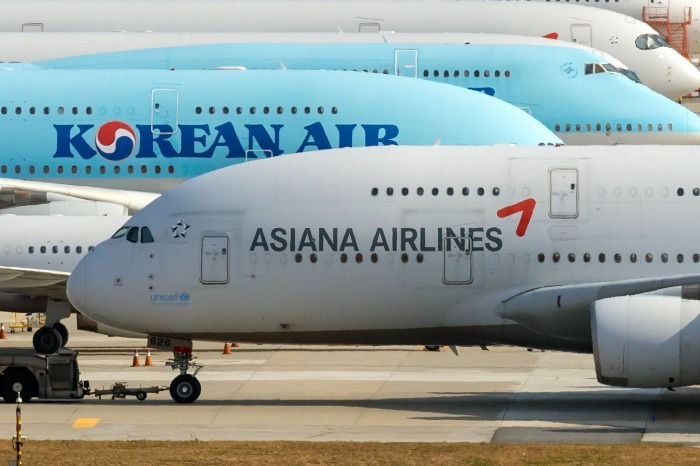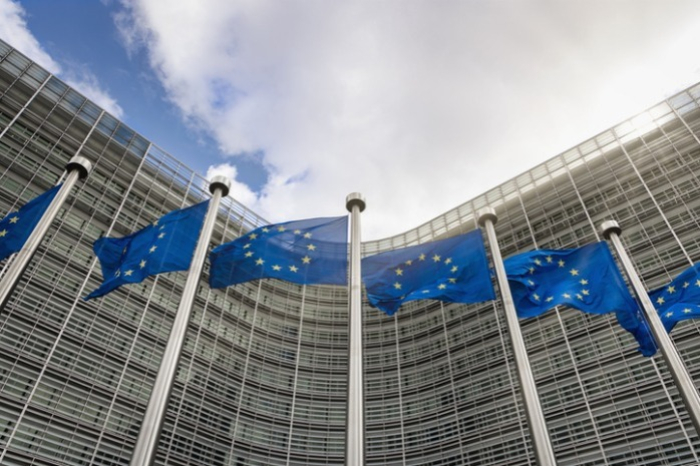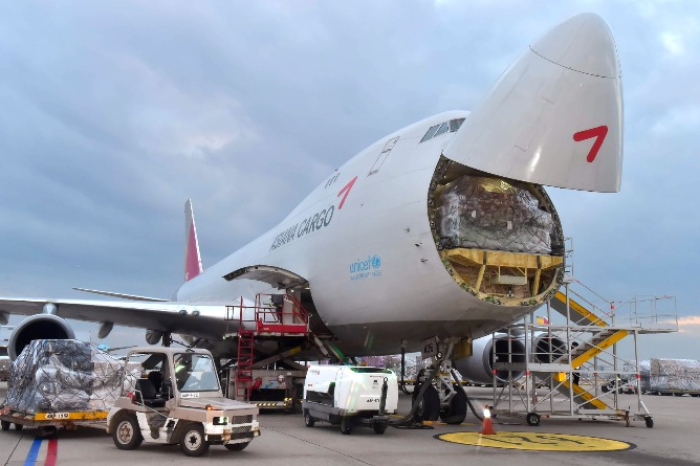Airlines
Japan approves Korean Air-Asiana merger
This means S.KoreaŌĆÖs two largest full-service carriers now only need approval from the EU and the US for their marriage
By Jan 31, 2024 (Gmt+09:00)
3
Min read
Most Read
Hankook Tire buys $1 bn Hanon Systems stake from Hahn & Co.


NPS to hike risky asset purchases under simplified allocation system


Osstem to buy BrazilŌĆÖs No. 3 dental implant maker Implacil


S.Korea's LS Materials set to boost earnings ahead of IPO process


UAE to invest up to $1 bn in S.Korean ventures



Japan has finally given the nod to the merger between South KoreaŌĆÖs No. 1 full-service carrier Korean Air Lines Co. and No. 2 Asiana Airlines Inc. three years after the Korean airlines asked for the countryŌĆÖs permission, raising expectations for green lights from the European Union and the US.
Korean Air announced on Wednesday that it has received approval from the Japan Fair Trade Commission (JFTC) for the merger with its smaller crosstown rival Asiana.
The approval comes after Korean Air has agreed to yield some of its slots, or operation permission, on certain routes to other airlines in response to the JFTCŌĆÖs request to address concerns that the two Korean airlinesŌĆÖ union could hamper competition on seven routes, including Incheon (Gimpo)-Osaka, Incheon-Sapporo and Busan-Fukuoka.
Still, Korean Air and Asiana can operate the most lucrative Gimpo-Haneda route, the fastest skyway between Seoul and Tokyo, which has been exclusively operated by KoreaŌĆÖs only two full-service carriers.
Korean Air asked for the JFTC permission to allow its acquisition of Asiana in January 2021.
With Japan's approval of the merger, expectations are growing that the last two antitrust bodies of the US and the EU will follow suit, joining the other 11 countries that have already okayed the linkup.

PENDING APPROVAL FROM THE EU AND THE US
Korean Air and Asiana requested approval for their union from 14 entities, including the UK, China, Australia and T├╝rkiye, where they fly the most.
Of them, Japan, the US and the EU are considered the most concerned about the two Korean flag carriersŌĆÖ excessive power in the aviation market after the merger, which could obstruct market competition.
The European Commission (EC), the antitrust body of the EU, already rejected the deal in May last year due to monopoly concerns following its preliminary review but Korean Air resubmitted new offers, including the disposal of AsianaŌĆÖs lucrative cargo business, to clear a major hurdle to its merger.
The EC pointed to Korean AirŌĆÖs and AsianaŌĆÖs nearly 60% combined share of Korea-Europe cargo routes as of 2022.
In early November last year, AsianaŌĆÖs board of directors gave the green light to Korean AirŌĆÖs plan to carve out the formerŌĆÖs cargo business, which helped Asiana rake in 3 trillion won in sales in 2022, accounting for more than half of its total annual revenue.

Korean Air has also offered to give up four profitable routes between Korea and Europe.
Earlier this month, Reuters exclusively reported that Korean Air was set to win EU approval to buy Asiana as the two Korean airlines plan to sell AsianaŌĆÖs cargo unit and divest routes to four European cities, citing unnamed sources.
The EU is expected to announce its final decision on the consolidation in early February.
The US antitrust body, which also rejected the merger in May last year, is expected to make its final decision in the first half of this year after reviewing the two Korean flag carriersŌĆÖ new offers to ease monopoly concerns.
Considering that Air Premia, a Korean low-cost carrier, is also operating flights between Korea and the US in addition to Korean Air and Asiana, monopoly concerns about the latter twoŌĆÖs merger have abated, said industry experts, projecting approval from the US.
In November 2020, Korea Air agreed to buy financially-strapped Asiana for 1.8 trillion won ($1.3 billion) and initially planned to complete the acquisition by the end of the first half of 2021 and launch the merged entity in 2022.
Their marriage is expected to create the worldŌĆÖs seventh-largest air carrier.
Write to Nan-Sae Bin at binthere@hankyung.com
Sookyung Seo edited this article.
More to Read
-
 Mergers & AcquisitionsAsiana Airlines to sell cargo business for merger with Korean Air
Mergers & AcquisitionsAsiana Airlines to sell cargo business for merger with Korean AirNov 02, 2023 (Gmt+09:00)
3 Min read -

-
 AirlinesUS antitrust body blocks $1.4 bn Korean Air-Asiana deal
AirlinesUS antitrust body blocks $1.4 bn Korean Air-Asiana dealMay 22, 2023 (Gmt+09:00)
4 Min read -

-

-
 AirlinesUK grants de facto approval of Korean Air's Asiana takeover
AirlinesUK grants de facto approval of Korean Air's Asiana takeoverNov 29, 2022 (Gmt+09:00)
1 Min read -
 Mergers & AcquisitionsKorea approves Korean Air-Asiana merger; hurdles remain
Mergers & AcquisitionsKorea approves Korean Air-Asiana merger; hurdles remainFeb 22, 2022 (Gmt+09:00)
3 Min read -
 AirlinesKorean Air to buy rival Asiana in $1.6 bn deal to emerge as worldŌĆÖs 7th airline
AirlinesKorean Air to buy rival Asiana in $1.6 bn deal to emerge as worldŌĆÖs 7th airlineNov 16, 2020 (Gmt+09:00)
5 Min read
Comment 0
LOG IN


